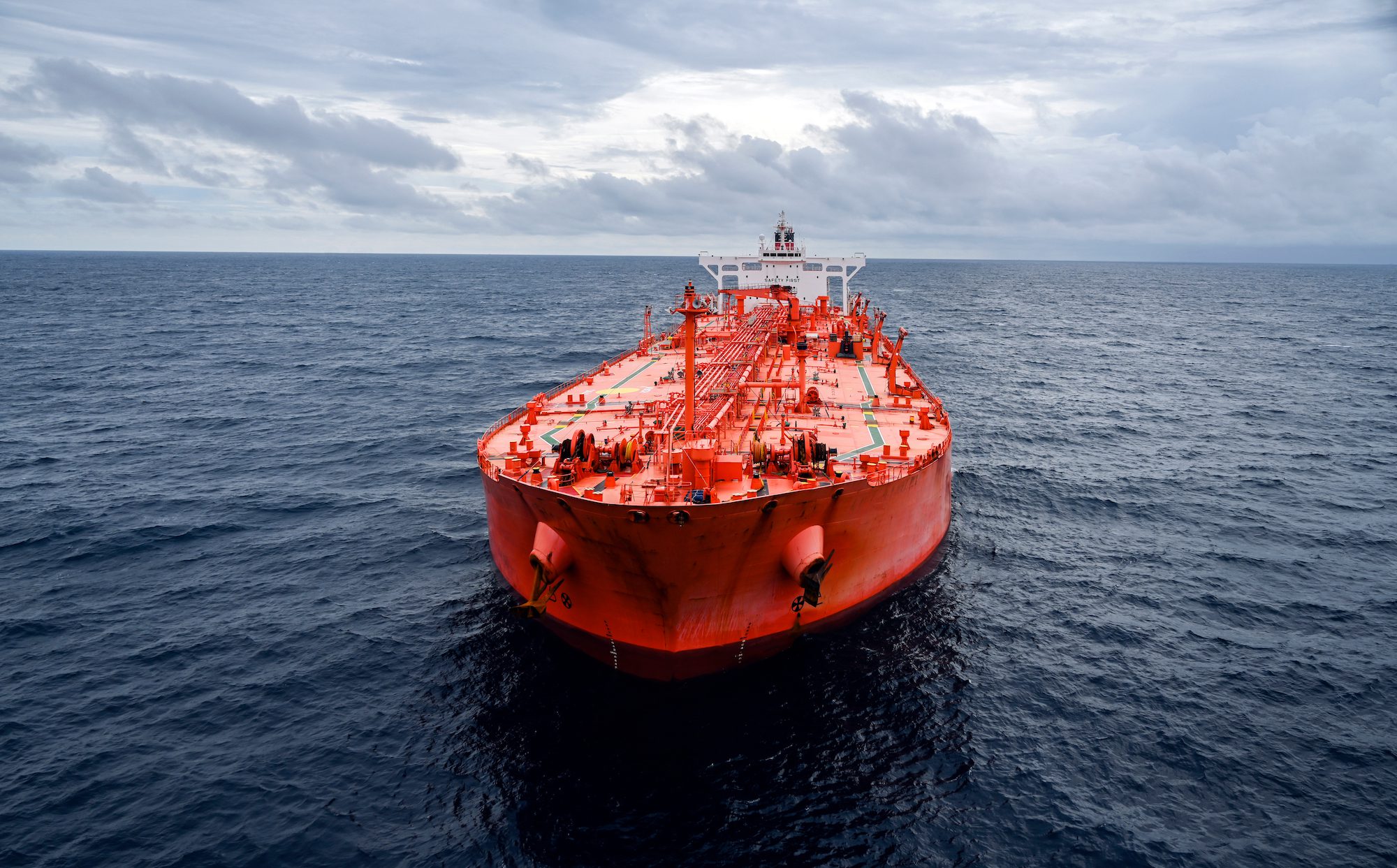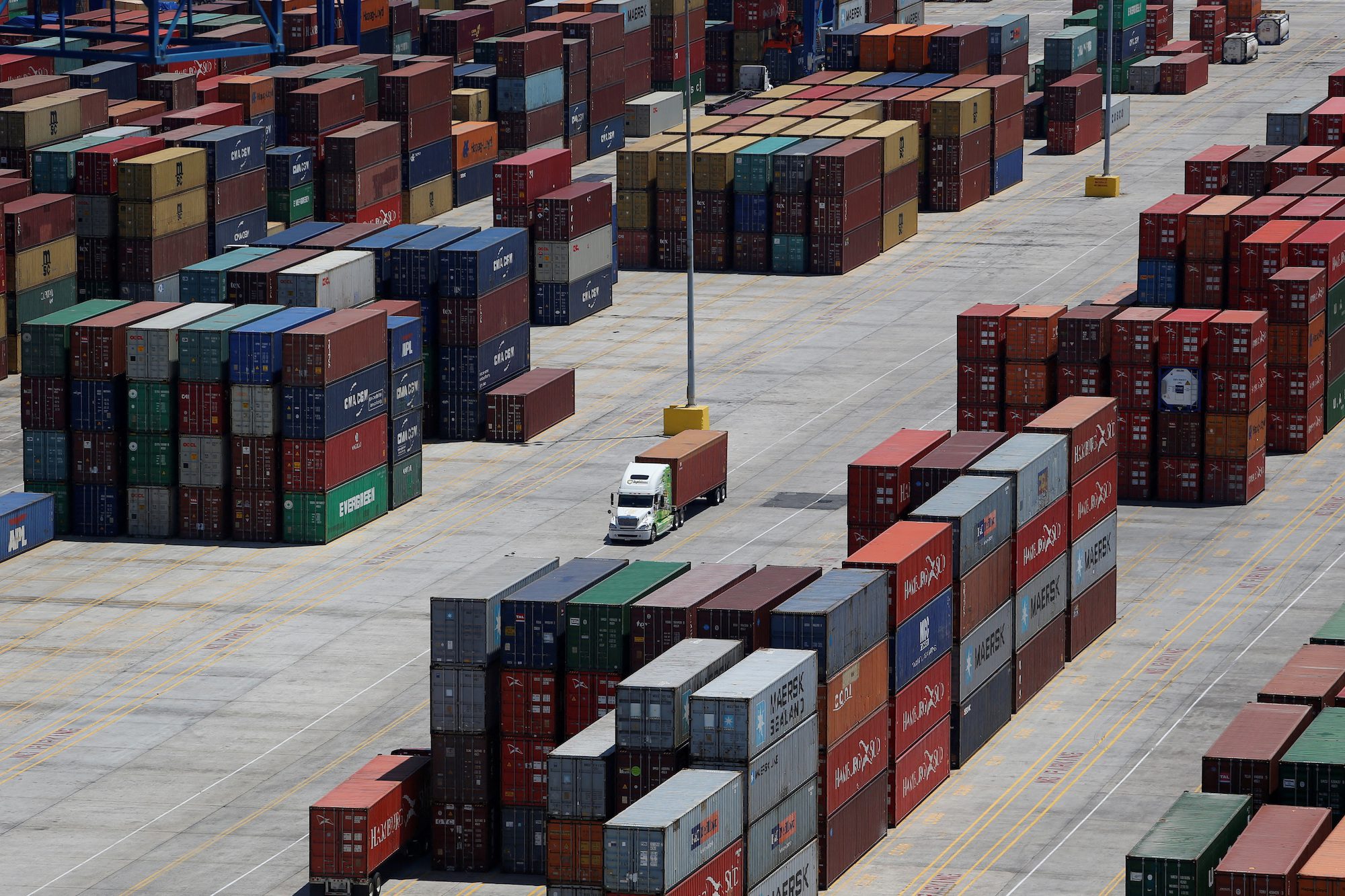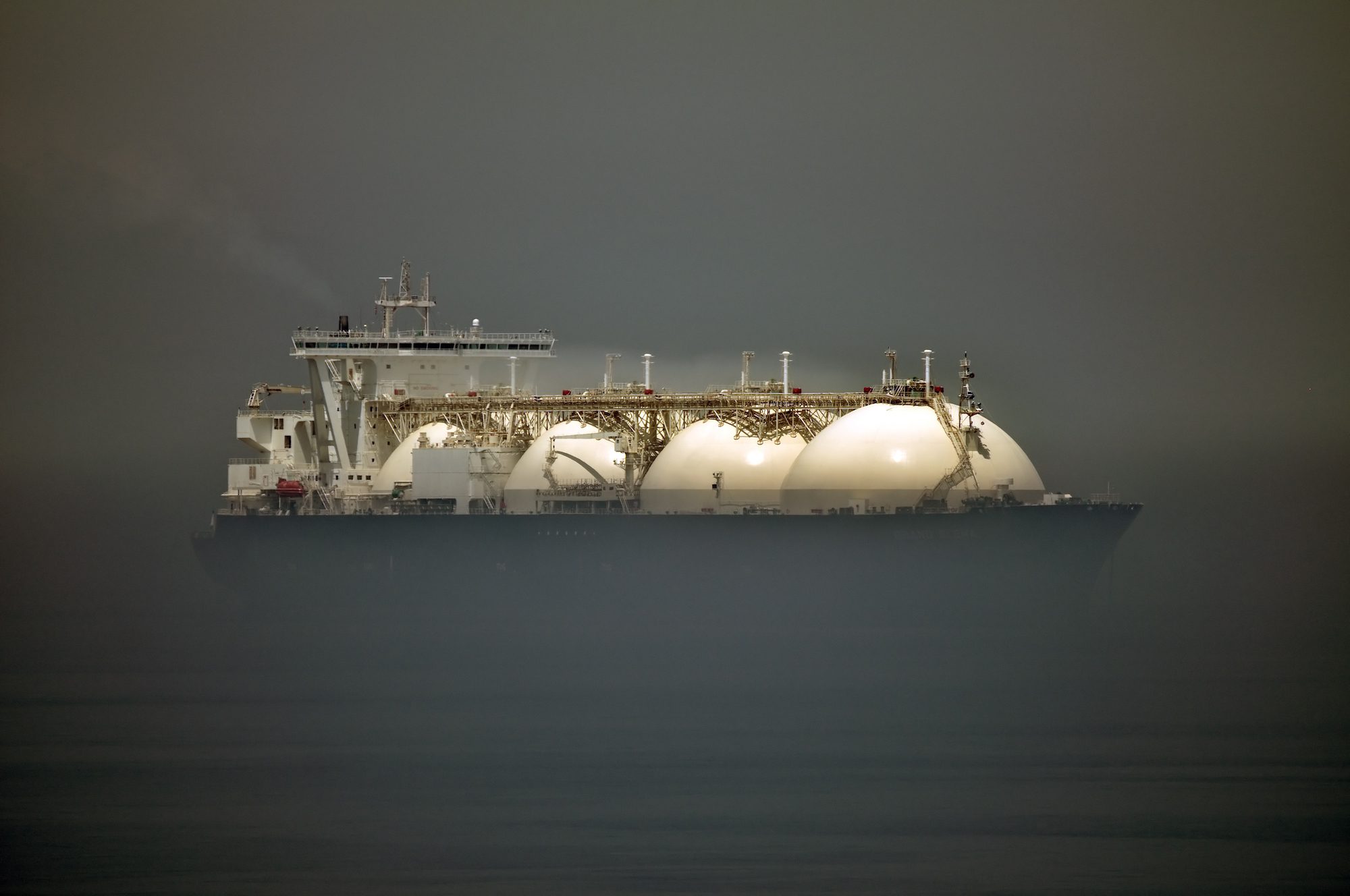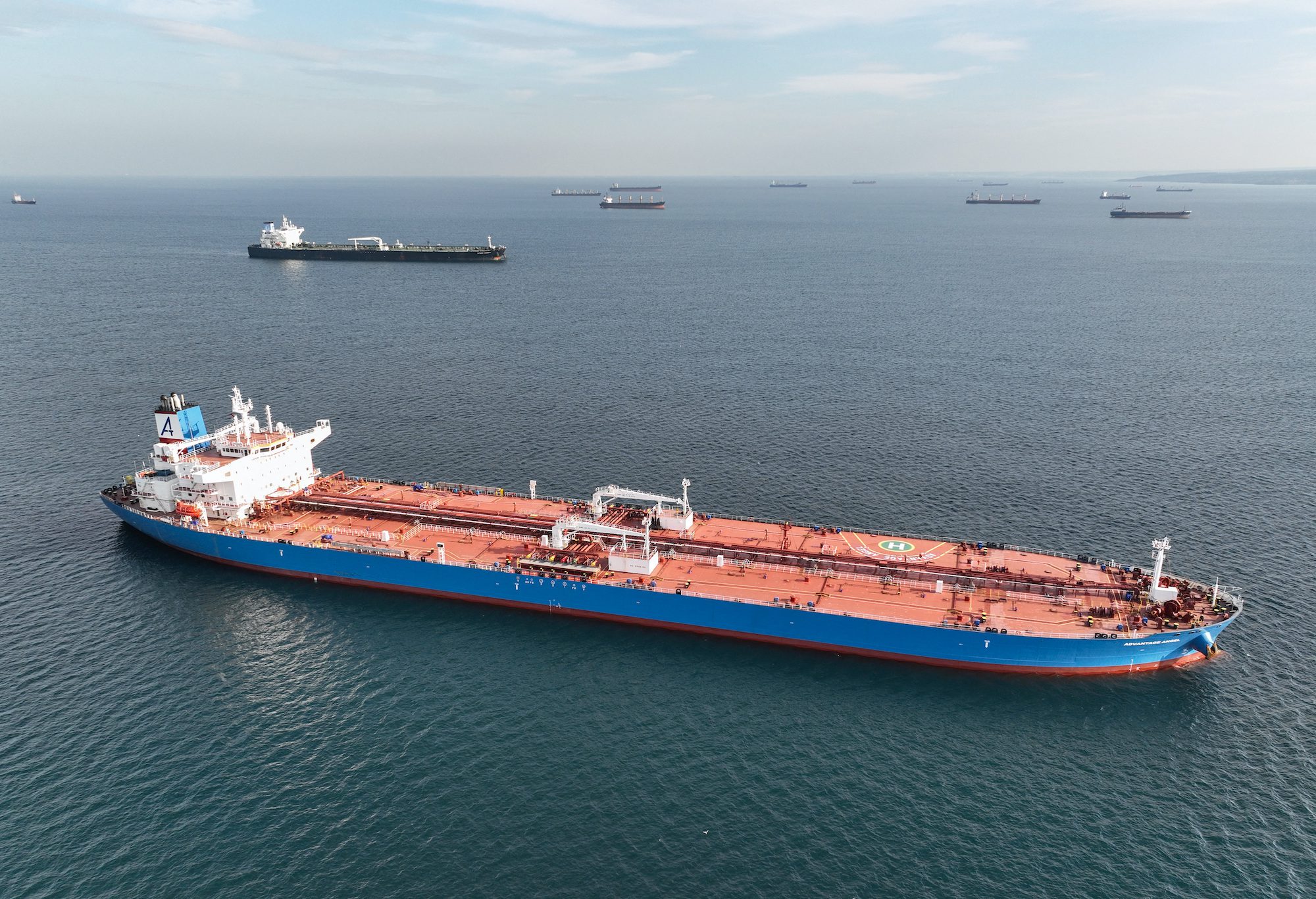By Kevin Whitelaw (Bloomberg) —
Group of Seven nations are aiming to design two price caps for Russian refined petroleum products to account for those that trade at higher prices than crude, as well as those that sell at a discount, according to an official.
As part of an effort to sanction Russia for its invasion of Ukraine, the European Union is set to ban the import of refined Russian products on Feb. 5 and to impose price caps on exports to third countries, which would in particular affect diesel, naphtha and fuel oil. The exact mechanisms and the price levels are still being negotiated among G-7 nations and the EU.
The refined products ban followed a European ban on Dec. 5 of Russian crude imports, along with a price cap mechanism that allows European companies to provide financing and insurance for crude exports from Russia that are priced no higher than $60 a barrel.
The system, which is aimed at limiting Russia’s revenues while avoiding spikes in oil prices, has been successful in both aims so far, said the G-7 official, who spoke to reporters on the condition of anonymity. Russia’s Urals grade crude, its top export stream, was $37.80 a barrel at the Baltic Sea port of Primorsk on Friday, according to data provided by Argus Media. That was less than half of where Brent futures settled on the same day.
The refined petroleum ban is in some ways more complicated to design and implement. Diesel and kerosene historically trade at premium prices compared to crude, while fuel oil sells at a discount, the official said. The prices have also been extremely volatile over the past year.
Some European officials have been worried about a shortage of diesel supplies as the year goes on, but the G-7 official said the market should be flexible enough to adapt.
Russian diesel, for example, that is currently sold to Europe will likely find buyers in Latin America and Africa. Europe, meanwhile, will likely be able to buy diesel from the Middle East and the US, which currently sell more to Latin America and Africa. The official, who described it as a reshuffling of the trade across the Atlantic, said it could bring higher shipping costs since some shipments will be going over a longer distance.
It’s unclear how Russia will respond to the refined products move. Moscow objected strongly to the price cap on crude oil. Russia has continued to sell oil, but the energy ministry said it introduce new monitoring regulations aimed at helping it limit any possible price discounts that are emerging.
The EU is set to review the crude oil price cap level in mid-January and some countries want to lower the cap by 5%. The G-7 official noted that the market has already helped produce lower prices, suggesting a formal bureaucratic change isn’t necessary.
The official said that China and India have been able to negotiate lower crude prices with Russia since the cap has been introduced.
© 2023 Bloomberg L.P.

 Join The Club
Join The Club











